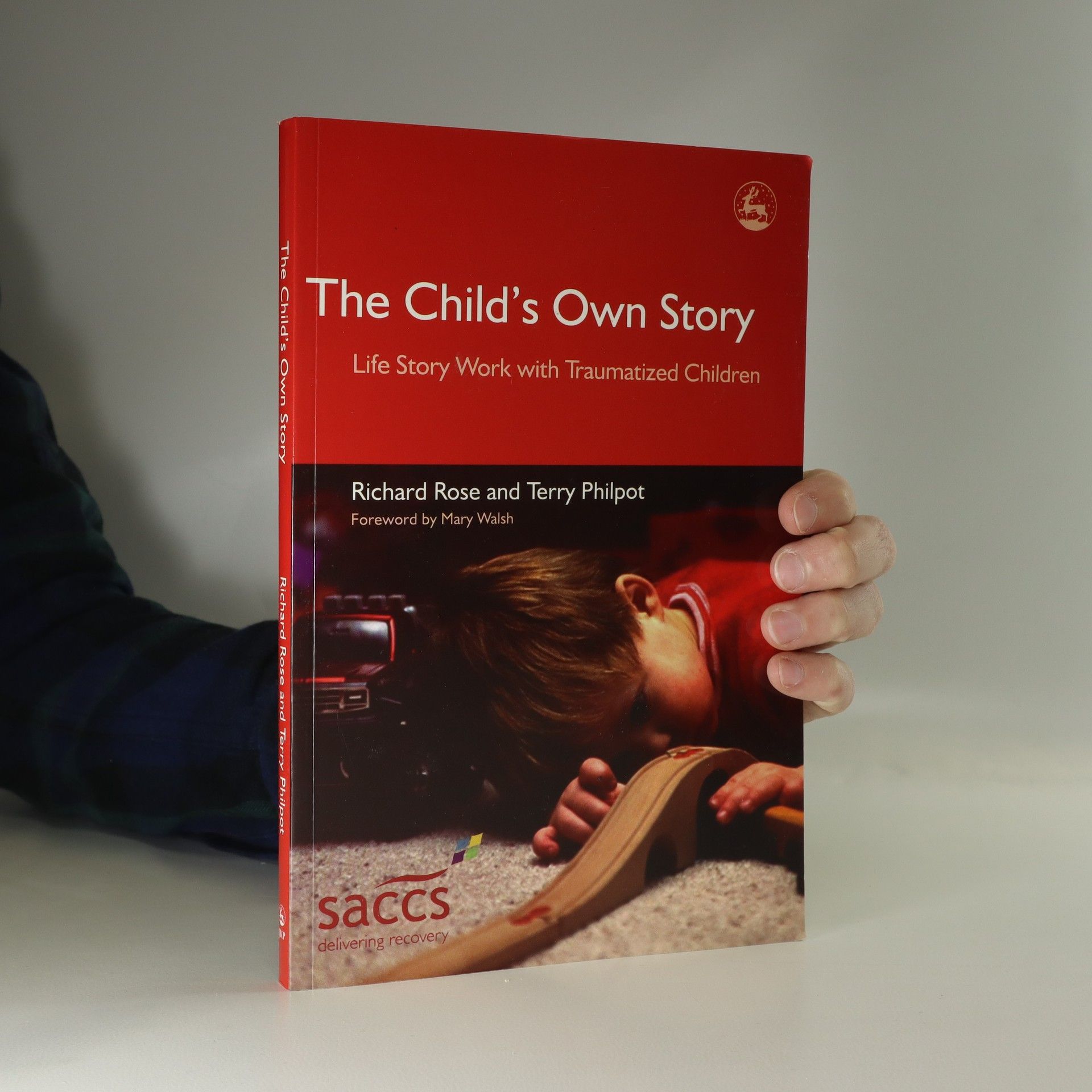Tworzenie oprogramowania wymaga umiejętności i wysiłku, ale z wieloplatformowym frameworkiem Flutter i językiem Dart możesz osiągnąć szybkie i satysfakcjonujące rezultaty. Obie technologie oferują bogaty zestaw narzędzi dla programistów, co czyni je doskonałym punktem startowym do tworzenia pięknych aplikacji przy minimalnym nakładzie pracy. Książka ta stanowi znakomite uzupełnienie wiedzy o Flutterze i Darcie oraz wsparcie w rozwiązywaniu konkretnych problemów. Zawiera ponad sto receptur, które pomogą Ci pisać efektywny kod, korzystać z narzędzi Fluttera i integrować rozwiązania chmurowe. Dowiesz się, jak pracować z bazami Firebase i platformą Google Cloud. Każda receptura oferuje nie tylko konkretne rozwiązania, ale także szersze omówienia, co pozwoli Ci lepiej wykorzystać zalety tych technologii. Znajdziesz tu przykłady zastosowania Darta i Fluttera w praktyce oraz omówienie Firebase i Google Cloud. Dzięki tej książce nauczysz się efektywnej pracy z Dartem, korzystania z narzędzi Fluttera, integrowania rozwiązań chmurowych, zarządzania danymi przez API oraz budowania wieloplatformowych aplikacji. To doskonała lektura dla każdego, kto pragnie zgłębić język Dart i framework Flutter!
Richard Rose Book order (chronological)






Black Cat Sunrise
- 384 pages
- 14 hours of reading
Exploring the indescribable terrors of war, the narrative delves into the complexities of a soldier's role and his obligations to humanity. It juxtaposes the brutal realities of combat with the eternal struggle between genders, highlighting the psychotic yet divine expression of femininity. The novel offers a profound examination of the psychological and emotional landscapes shaped by conflict and the intricate dynamics of human relationships amidst chaos.
Flutter & Dart Kochbuch
Cross-Platform-Apps für die Cloud entwickeln
Der praktische Einstieg bietet über 100 praxisnahe Rezepte mit konkreten Aufgaben aus dem Arbeitsalltag, einschließlich Lösungen und Diskussionen. Es dient sowohl als Begleitbuch für den Einstieg in Flutter und Dart als auch als nützliches Nachschlagewerk für den täglichen Einsatz, mit aktuellen Themen wie Cloud und Gaming. Lernen Sie die Grundlagen der App-Entwicklung kennen, um Cross-Platform-Apps zu erstellen, die den Anforderungen einer Cloud-gesteuerten Welt gerecht werden. Flutter eignet sich hervorragend für die Frontend-Entwicklung und unterstützt die Erstellung plattformübergreifender Anwendungen für Android, iOS, Linux, macOS, Windows und Google Fuchsia. Das Dart-SDK ermöglicht nativen Zugriff auf Drittanbieter-Lösungen, einschließlich APIs, Datenbanken und Authentifizierung. Die Rezepte zeigen anhand konkreter und unterhaltsamer Beispiele, wie Sie diese Kombination erfolgreich nutzen können, egal ob Sie neu in der Flutter-Entwicklung sind oder schnell etwas nachschlagen möchten. Der Inhalt umfasst das Schreiben von effektivem Dart-Code mit Variablen und Datenstrukturen, die Erstellung von Anwendungen mit Widgets und Datenverarbeitung, die Integration von Cloud-Lösungen mit Flutter, die Verwaltung von Daten über APIs mit Google Cloud Serverless und die Arbeit mit Firebase-Lösungen wie der Cloud-Firestore-Datenbank. Außerdem lernen Sie, Webanwendungen zu erstellen, die auf mobilen und Desktop-Plattformen funktionieren
Based on a true story, Not Strictly Dancing focuses on Ray Rhodes, who grew up in a turbulent family in Birmingham. Follow Ray's life from birth to the discovery of one of the loves of his life - ballroom dancing - and onwards to the other love of his life...
The book provides a nuanced analysis of the state of democracy in the UK, contrasting the perception of decline with evidence of resilience. It highlights the robust nature of electoral processes and acceptance of results, while also addressing issues like ministerial accountability and the challenge of national unity. The author identifies both effective remedies and superficial solutions to the symptoms of democratic strain. Ultimately, it argues that despite economic challenges, the majority of Britons value their democratic freedoms over the allure of authoritarianism.
Diminutive Narrative
- 328 pages
- 12 hours of reading
Exploring the intricacies of human experience, this work delves into the lives of its characters through a series of interconnected stories. Each narrative, while brief, captures profound emotions and moments of clarity, revealing the beauty and complexity of everyday life. The author masterfully blends humor and poignancy, inviting readers to reflect on their own journeys and relationships. Rich in detail and insight, this collection offers a fresh perspective on the significance of seemingly small events.
Rose City Catastrophe
- 600 pages
- 21 hours of reading
Porter Rose, a covert operations hero, battles both external enemies and his inner demons upon returning to his chaotic home city. Tasked by a shadow government, he navigates a treacherous landscape filled with mayhem while seeking vengeance for his best friend's murder and pursuing the love of his life. Set in the vibrant yet destructive 'City of Roses,' the narrative delves into themes of chaos, loyalty, and the complexities of personal conflict amidst a backdrop of intrigue and violence.
Redefining the Whole Curriculum for Pupils with Learning Difficulties
- 116 pages
- 5 hours of reading
Focusing on the education of pupils with learning difficulties, this book reexamines the interplay between specialized curricula and the broader National Curriculum. It emphasizes the importance of personal and social development, advocating for a more integrated approach to education that addresses the unique needs of these students while aligning with established educational standards.
Exploring the role of referendums in challenging EU decisions, the book contrasts parliamentary elections with direct public votes on policies. It highlights how cultural values, rather than class, shape referendum outcomes in countries like Britain, Greece, and the Netherlands. Using Brexit as a central case, it illustrates the tension between national voter preferences and EU authority, while emphasizing that regaining control over policymaking is complex, influenced by global dynamics beyond national borders.
Bloodlust Paradise
- 360 pages
- 13 hours of reading
The story follows three psychopathic brothers who, after losing their mother and their home, unleash a gruesome murder spree driven by an insatiable thirst for blood. As their violence escalates, the narrative raises questions about the consequences of their actions and who will ultimately bring justice to their horrifying rampage.